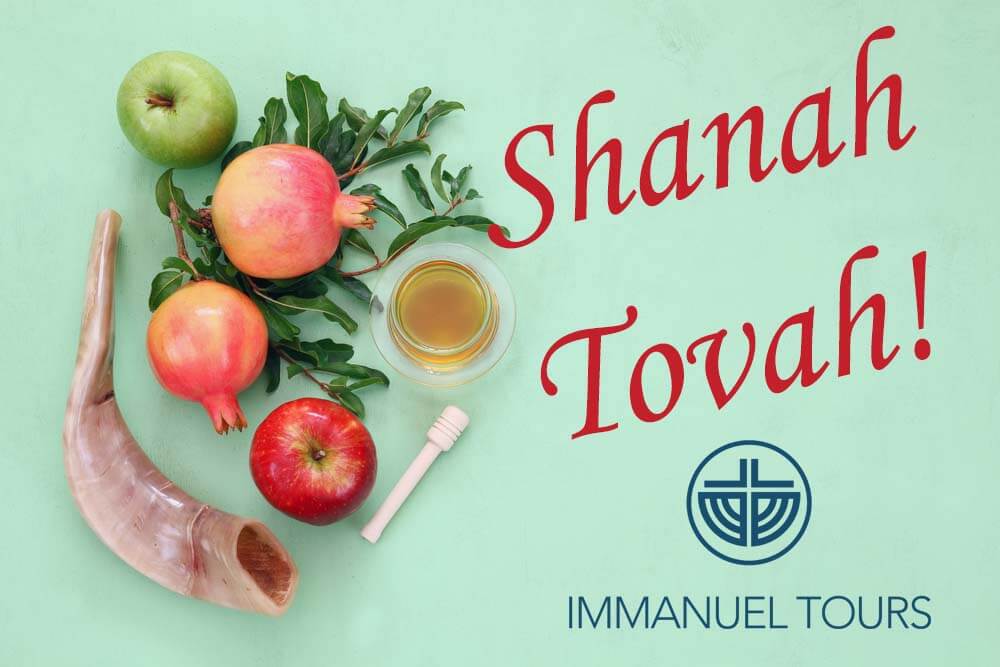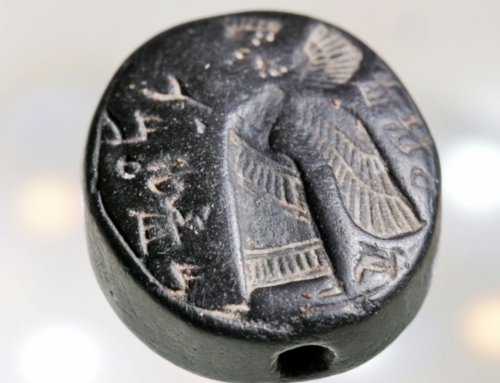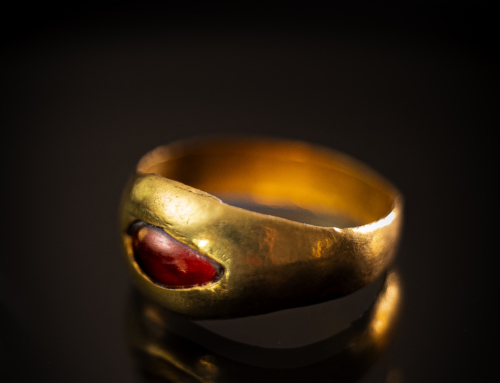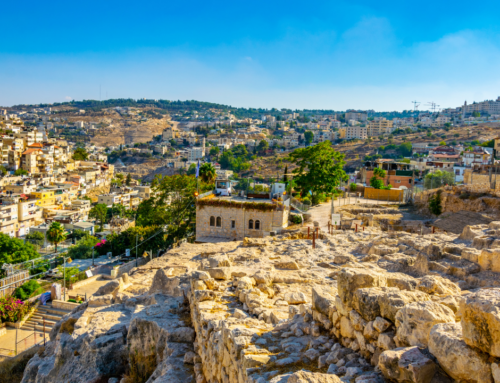If you wish someone a “Happy New Year” on January 1st in Israel, you may get a funny look and immediately give yourself away as a tourist. That’s because while much of the world celebrates the new year according to the Gregorian calendar, introduced by Pope Gregory in 1582, Israel’s official new year is according to the Hebrew calendar, which is known as Rosh Hashanah. It always falls 163 days after Passover, or “Pesach”. The earliest it can fall is September 5th and the latest is October 5th.
Rosh Hashanah is a two-day national holiday in Israel and comes from Leviticus 23:24-25:
“23 The Lord spoke to Moses, saying: 24 Speak to the people of Israel, saying: In the seventh month, on the first day of the month, you shall observe a day of complete rest, a holy convocation commemorated with trumpet blasts. 25 You shall not work at your occupations; and you shall present the Lord’s offering by fire.”
The biblical name, Yom Teruah, means “day of shouting and blasting” while Rosh Hashanah means “beginning (or head) of year”. This day is however the same as prescribed as in the Torah as the first of a series of festivals and observances, today collectively known as the “High Holy Days”.
In modern Israel, both religious and secular Jews celebrate the day, however they may see the origin of the day differently. Religious Jews believe the day to correlate to the traditional anniversary of Adam and Eve. However, secular Jews believe the day is an agricultural observance of the change from the dry to the rainy season, beginning the year’s growing season.
Some stricter sects of Judaism refuse to call it Rosh Hashanah or recognize it as the new year, instead strictly celebrating Yom Teruah as described in the Torah.
In addition to special prayers at services, a shofar is traditional sounded just as commanded in Leviticus. A shofar is a trumpet or horn made from a ram’s horn, and has been in use since ancient Hebrew times. It is blown on Rosh Hashanah to commemorate the beginning of the High Holy Days and again on Yom Kippur to signify its end.
In addition to the religious practices of the celebration, new traditions have also become common practice. These include:
- Wearing new clothes and getting a hair cut to start the new year off fresh.
- Apples and challah bread dipped in honey are served to signify the hope for a “sweet new year”.
- Pomegranates are eaten due to their biblical significance.
- Some throw bread crumbs into rivers or streams to signify casting off their sins, as the day is also known as a day of judgment or atonement and repentance.
In 2017, Rosh Hashanah begins on September 20th ending at sunset on September 22nd. The traditional greeting is “Shanah Tovah ”, which means, “Have a good year”.
You can participate in this day wherever you are, even if it is just dipping some apples in honey (yum!) and learning more about Jewish holidays which Jesus himself would have observed.
Shanah Tovah!







